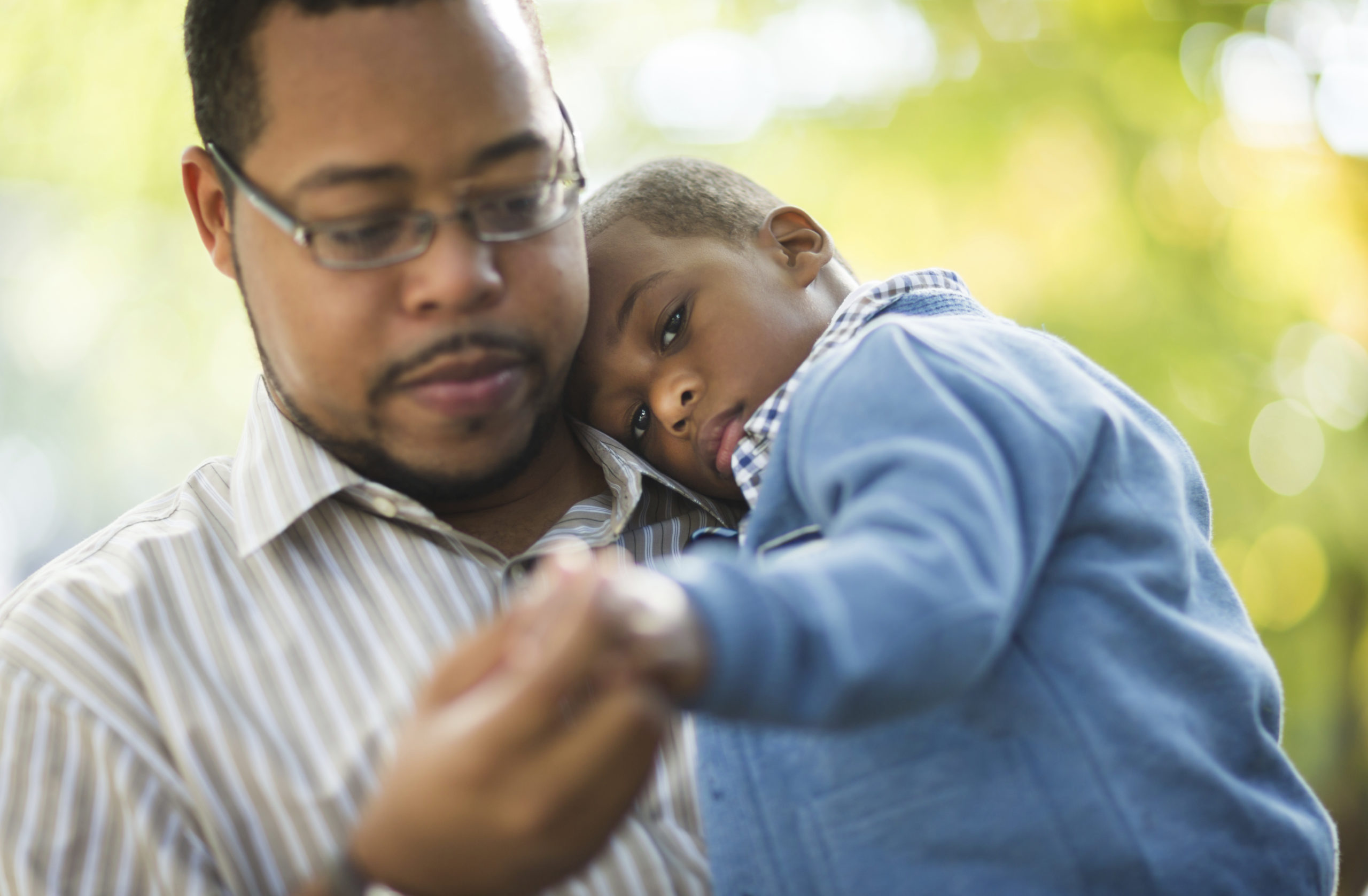
• Understand that discipline should teach, not punish. Set limits with both firmness and kindness.
• Show respect for your child so that he will learn respect for others.
• Learn about stages of child development so you know what behaviors to expect at each age.
• Prepare your child for new situations. If he knows what you expect, he’ll feel confident and secure.
• Create dependable, predictable routines for your child.
• Encourage exploration and curiosity in safe surroundings.
• Remember, your child tests limits because of curiosity and eagerness to learn, not to make you angry.
• Distract him and redirect your child’s attention when his behavior is unacceptable.
• Encourage positive behavior by using positive guidance techniques.
• If necessary, short time outs (no longer than 1 minute per year of child’s age) can help you and your child regain self-control.
• Remember that spanking, hitting or shouting may stop behavior now but may teach that violence is the way to settle issues.